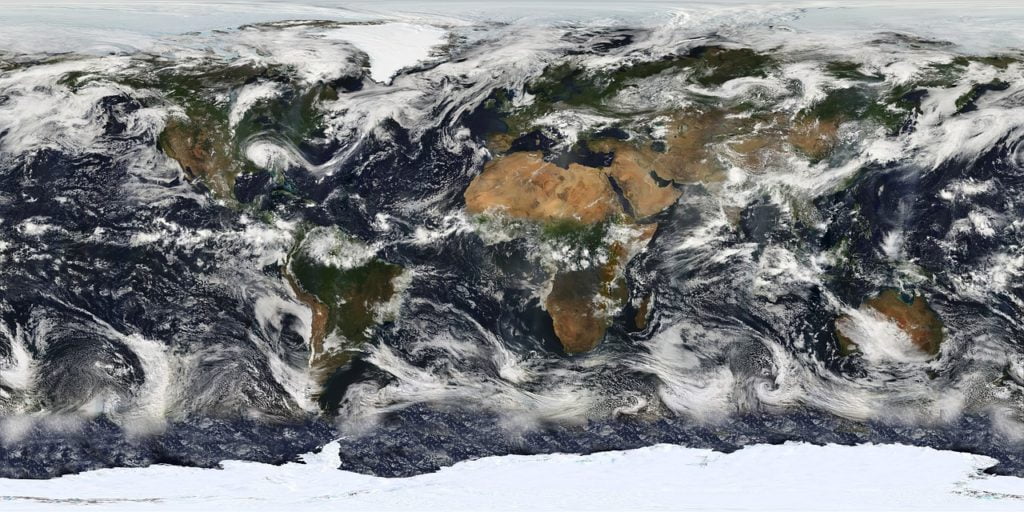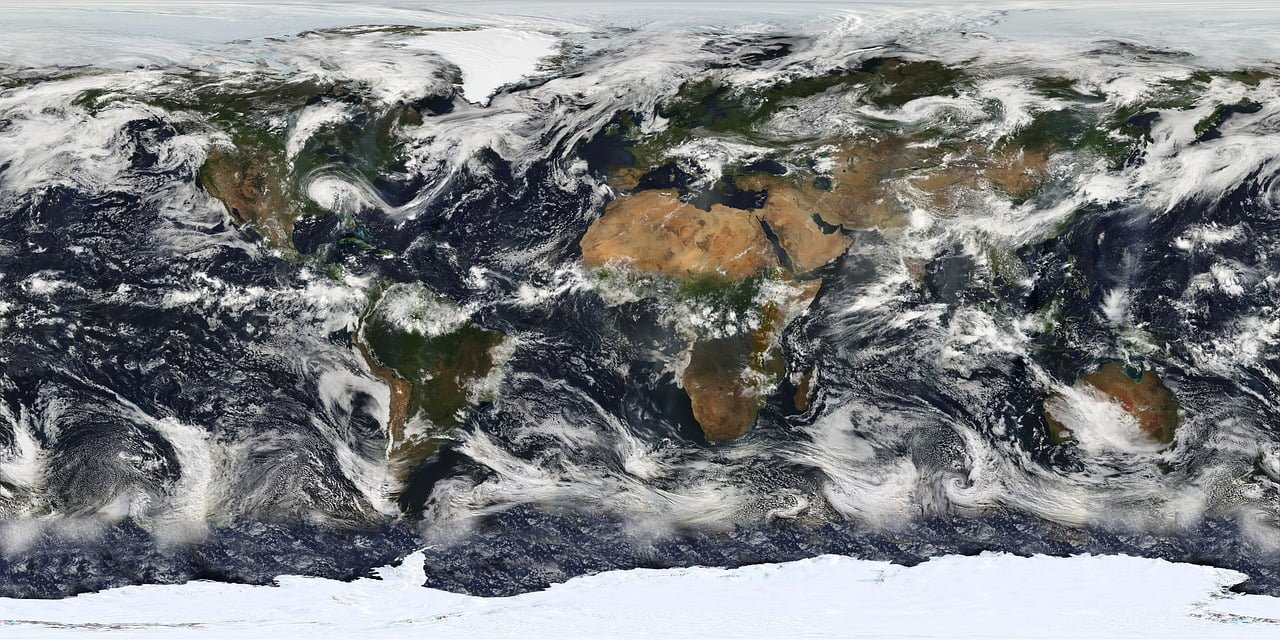Global politics have always been complex, with various countries and regions vying for power and influence. However, geopolitical tensions have risen in recent years, fuelled by economic factors, ideological differences, and territorial disputes. Andres Jacobus examines the intricate web of global politics and its implications for the world.

Understanding Geopolitical Tensions
Geopolitics refers to the study of how geographical factors such as location, resources, and physical boundaries shape political decisions and actions. It is a crucial aspect of international relations, as it sheds light on the power dynamics between nations and their interactions. During times of conflict or instability, geopolitical tensions can significantly impact the global landscape.
Economic Factors
One of the main drivers of geopolitical tensions is economic competition. Countries often compete for resources and markets to strengthen their economies and gain an advantage over others. This leads to trade wars, currency manipulation, and other forms of economic warfare that can strain relationships between nations.
For example, a trade war between two countries can cause a ripple effect across the rest of the world, disrupting supply chains and causing economic instability. In extreme cases, it can even lead to military conflicts. Businesses and individuals are often caught in the crossfire in these scenarios, facing financial losses and uncertainty.
Political Factors
The actions and decisions of political leaders can also greatly affect geopolitical tensions. Political ideologies, alliances, and power struggles can all contribute to conflicts between countries. Additionally, domestic issues such as corruption or human rights abuses can strain international relationships as other nations may impose sanctions or take other measures in response.
A country with an authoritarian government may face backlash from democratic countries for their oppressive policies. This can lead to strained relations between nations and potentially escalate into larger conflicts.
Cultural Differences
Cultural differences can also be significant in geopolitical tensions. Different belief systems, values, customs, and traditions can create misunderstandings and conflicts between countries that do not share the same culture.
For example, a country that values individualism and personal freedoms may clash with one that prioritizes collective interests and strict societal norms. These fundamental cultural differences can lead to misunderstandings, mistrust, and even hostility between nations.
Economic Rivalries
Economic rivalries are another common cause of geopolitical tensions. Countries often compete for resources, trade partnerships, and economic power in the global market. This competition can lead to economic conflicts such as trade disputes or currency manipulation.
In some cases, economic rivalries can turn into full-blown political confrontations as countries use their economic leverage to gain advantages over others. This can ultimately damage diplomatic relationships and create deeper divides between nations.
Territorial Disputest
Another possible factor in geopolitical disputes is territory. Many countries have competing claims over certain territories for resources, strategic location, or historical reasons.
These disputes can escalate into conflicts as countries assert their sovereignty and attempt to defend their claims. In some cases, international organizations and agreements are in place to help mediate these tensions and prevent them from becoming full-scale wars.
Ideological Differences
Ideological differences can also play a significant role in geopolitical tensions. Different governments may have conflicting political ideologies or values that lead to disagreements and clashes on the global stage. For example, democratic nations may disagree with authoritarian regimes’ actions and vice versa. These ideological divides can fuel distrust and hatred between nations, exacerbating geopolitical tensions.
Historical Ties and Conflicts
Finally, historical ties and conflicts between countries can also contribute to geopolitical tensions. Past wars, invasions, and colonialism can create long-lasting resentment and hatred between nations. These deep-rooted issues can resurface and escalate tensions when other factors come into play.
Final Thoughts
Ultimately, understanding these underlying factors is crucial in managing geopolitical tensions and promoting peace and stability on the global stage. International cooperation, diplomacy, and effective communication are key to navigating these complex dynamics and finding peaceful resolutions. Andres Jacobus believes by acknowledging and addressing these factors, we can work towards a more harmonious and cooperative world for all nations.
